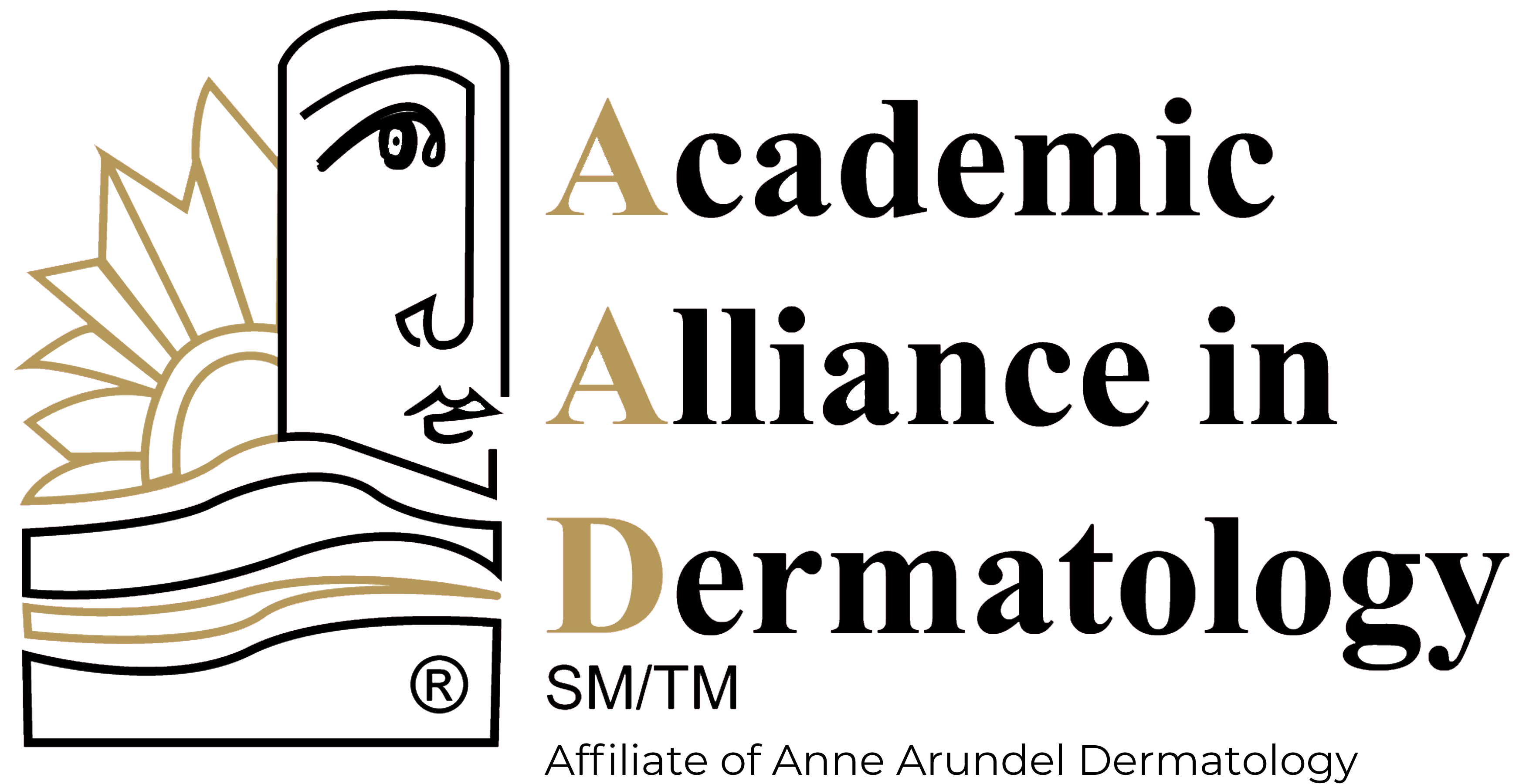Eczema
Eczema is a dermatologic condition characterized by patches of dry, itchy skin. Children are the most likely to suffer from eczema, but it may affect adults as well. While there is no cure for eczema, it is possible to manage the symptoms and reduce flare-ups. There are several types of eczema, and your treatment will largely depend on the type and severity of your condition.
At Academic Alliance in Dermatology, our team is committed to providing the highest level of care for all types of skin conditions. We offer a complete range of medical and aesthetic treatments to help you find relief from your eczema symptoms.
Our medical treatments focus on reducing inflammation and relieving itchiness, while our aesthetic treatments work to improve the appearance of any scars or skin discoloration caused by eczema.
Common Causes and Triggers of Eczema
Eczema is often caused by an overactive immune system that triggers inflammation. When your body comes in contact with certain allergens and irritants, your immune system assumes they’re harmful. As a result, your skin becomes inflamed and develops red, itchy patches. Common triggers of eczema flare-ups include:
- Dry weather
- Irritants like soaps, detergents, and fabric softeners
- Dust mites
- Pollen
- Pet dander
- Certain makeup or skincare products
Moreover, your environment may also lead to an eczema flare-up. For example, your eczema symptoms may worsen if you are in an environment with lots of air pollutants, such as smoke, or if the air is too humid or dry. You are also more likely to develop eczema if a family member has the condition. Lastly, emotional triggers such as stress or depression may exacerbate your eczema symptoms.
Types of Eczema
Eczema may take on different forms and present in various ways. For instance, some people may have a mild form of eczema, while others may have more severe cases. It is also possible to have more than one type of eczema at the same time. At Academic Alliance in Dermatology, we can diagnose and help treat all types of eczema.
Common types of eczema include:
Atopic Dermatitis
This is the most common type of eczema, with 1 in 10 Americans being diagnosed with the condition. Atopic dermatitis often begins in infancy and occurs due to an immune system overreaction. The symptoms of the condition may include dry, itchy skin, skin redness, thick, scaly patches, and blistering.
Contact Dermatitis
This type of eczema occurs when the skin comes into contact with an irritant or allergen, such as soaps, detergents, and certain chemicals. Symptoms of contact dermatitis include blisters, red skin, a bumpy rash, dry or cracked skin, and mild to severe itching.
Dyshidrotic Eczema
Also called pompholyx, dyshidrotic eczema causes small, fluid-filled blisters to form on the palms of the hands and soles of the feet. These blisters usually last around three weeks and may be accompanied by intense itching and redness.
Hand Eczema
This type of eczema is marked by dry, irritated skin on the hands, typically in response to frequent contact with water or other irritants. Working with chemicals may also worsen hand eczema. Nurses, construction workers, and hair stylists are especially prone to this type of eczema.
Stasis Dermatitis
This type of eczema is most common in those who have poor blood circulation. Since poor blood circulation often develops in the lower legs, stasis dermatitis is most likely to appear near the ankles. Swelling, discolored skin, and varicose veins are among the early signs of stasis dermatitis.
Eczema Treatments at Academic Alliance in Dermatology
At Academic Alliance in Dermatology, we are committed to helping you find relief from your eczema. Our providers work to diagnose the type of eczema you have and create a custom treatment plan tailored to your needs. We offer medical and aesthetic treatments for eczema, including creams, ointments, oral medications, and phototherapy.
We understand managing your eczema can be a challenge. That’s why our team is here to provide the support you need to find lasting relief from your symptoms. With Academic Alliance in Dermatology, you have access to top-of-the-line dermatological care and the latest advancements in eczema treatments.
